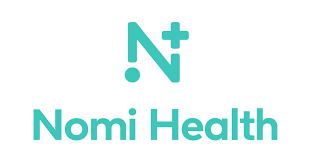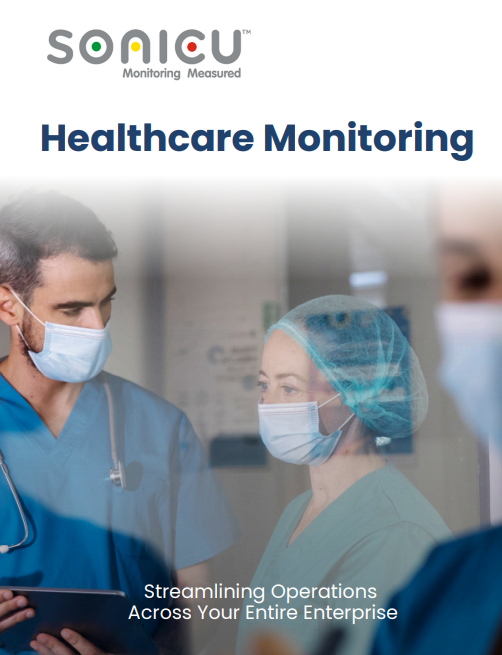
Healthcare Monitoring
Overview of Sonicu's cloud-based platform for real-time environmental monitoring.
Sonicu offers a comprehensive suite of monitoring solutions
that help organizations safeguard assets, automate compliance and reduce manual processes.
From protecting vaccines and research materials to safeguarding food service and facility operations, Sonicu’s monitoring applications cover temperature, humidity, pressure, and more. Whether you’re in healthcare, life sciences, food safety, or other industries, Sonicu provides visibility, compliance, and peace of mind across all your critical applications.
Designed with safety, efficiency and compliance always top of mind, we’ve evolved over a decade with continuous improvements from customer feedback. Serving the healthcare, research and food service industries.
Whether you're solving basic temperature monitoring needs or managing complex, multi-environment compliance, Sonicu’s full line of meters, sensors, and hubs has you covered.
Sonicu offers a comprehensive suite of monitoring solutions
that help organizations safeguard assets, automate compliance and reduce manual processes.

Understanding Heat Stress and OSHA Regulations: How to Protect Your Employees and Ensure Compliance
Under the OSHA Heat Stress guidelines, employers must ensure the safety of employees with proper protection from harmful exposure at work.
Sonicu’s cloud-based monitoring platform makes it easy to stay ahead of changing OSHA Heat Stress requirements by providing real-time, 24/7 monitoring of the Heat Index in your facility. Our system delivers instant visibility and automated compliance documentation, without burdening your IT team.



.png?width=95&height=95&name=image%20(9).png)

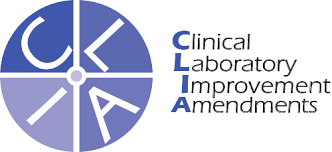


Be constantly aware of the Heat Index in your facilities. Prevent employee heat injuries and stay ahead of OSHA regulations, with continuous Heat Index monitoring
Sonicu delivers the critical data you need to protect your employees and maintain continuous OSHA compliance.
Our automated system monitors your facility’s heat index 24/7, giving you real-time visibility and peace of mind.

Replace paper logs with secure, cloud-based documentation ready for OSHA review.
Automatically log and organize your safety data to show OSHA compliance with less manual work and more confidence.

Protect workers from heat-related illness with real-time alerts and automation.
Sonicu’s OSHA Heat Index Monitoring solution alerts teams when thresholds are crossed, helping you meet new state and federal safety regulations.

Stay informed about what’s happening across your operation, even when you're not on-site. Our intuitive, web-accessible platform is designed for both frontline staff and safety professionals, providing your team with the tools they need to monitor conditions from anywhere, respond to risks, and meet regulatory requirements—without headaches or complicated setups.
Access real-time environmental data from anywhere to support OSHA reporting and internal safety initiatives.
.png?width=1250&height=937&name=Stay%20Ahead%20of%20Compliance%20and%20Downtime%20(1).png)
From installation to ongoing use, Sonicu makes OSHA compliance more manageable by combining automated tech with user-friendly tools.




.png?width=1250&height=937&name=Stay%20Ahead%20of%20Compliance%20and%20Downtime%20(1).png)

Sonicu’s SNAP Calibration program provides an easy & cost-effective way to maintain regulatory compliance without the hassle of conventional recalibration.
With SNAP Calibration enrollment, Sonicu provides new sensors with NIST traceable calibration certificates prior to your current expiration date. Calibration compliance is as easy as removing the old sensor and snapping the new sensor into place.
Cloud-based software platform allows management of multiple points and locations and documents temperatures and quality control for regulatory compliance.
Sonicu helps you meet OSHA standards for workplace safety with continuous environmental monitoring that protects employees and supports documentation efforts.

Reduce administrative burden and inspection anxiety with automated logs and centralized reporting.

From manufacturing and distribution centers to large academic health systems, Sonicu is the monitoring platform trusted to reduce compliance risk, improve efficiency, and strengthen audit readiness, all while saving staff time.
Ensure patient safety and regulatory compliance with confidence. Sonicu provides reliable, 24/7 monitoring for vaccines, labs, blood banks, and cleanroom environments, helping you protect patients and maintain critical standards.
Provide automated environmental monitoring that supports a wide range of pharmacy types. Sonicu streamlines regulatory compliance, protects high-value medications, and reduces operational risk. From continuous temperature, humidity, and pressure monitoring, our platform gives you the tools to simplify compliance for USP, BoP, CDC, and more.
Protect food safety at every stage. From manufacturing to distribution and commercial kitchens, Sonicu helps protect food safety at every stage. Our real-time temperature monitoring, smart alerts, and automated digital logs support compliance with HACCP and FDA regulations, ensuring your food stays safe, your operation runs smoothly, and you're always inspection-ready.






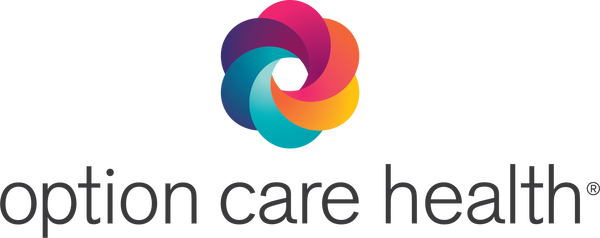

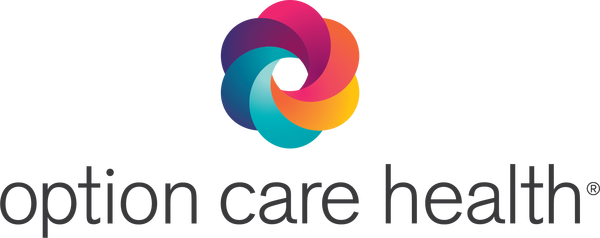




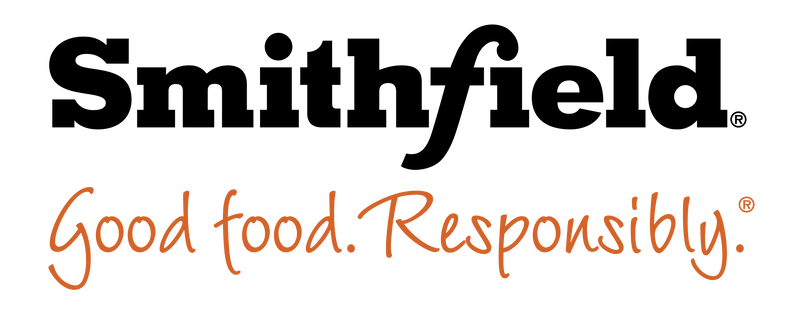
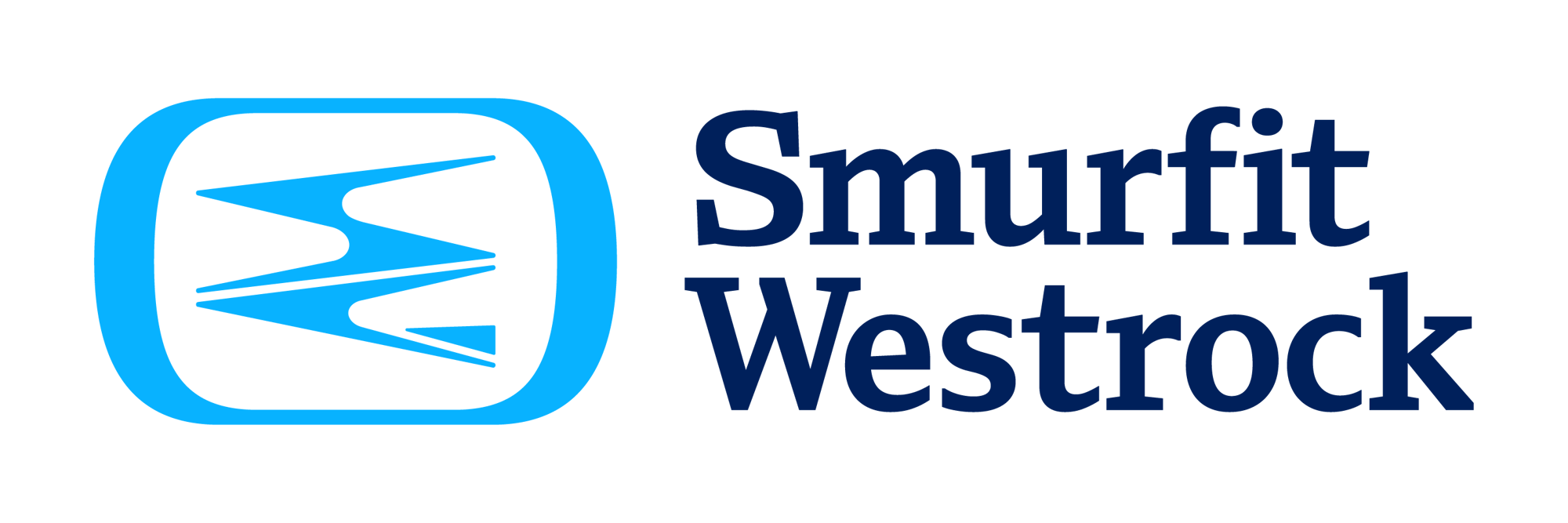


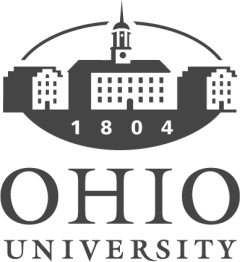

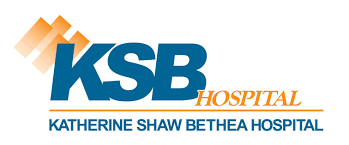
Our policy is to check temperatures on all our fridges and freezers twice a day. With small outlying clinics that aren’t staffed seven days a week, we’d come in Monday morning, hoping the temperatures held steady over the weekend. We needed visibility on the fridges, especially after the loss we just suffered.

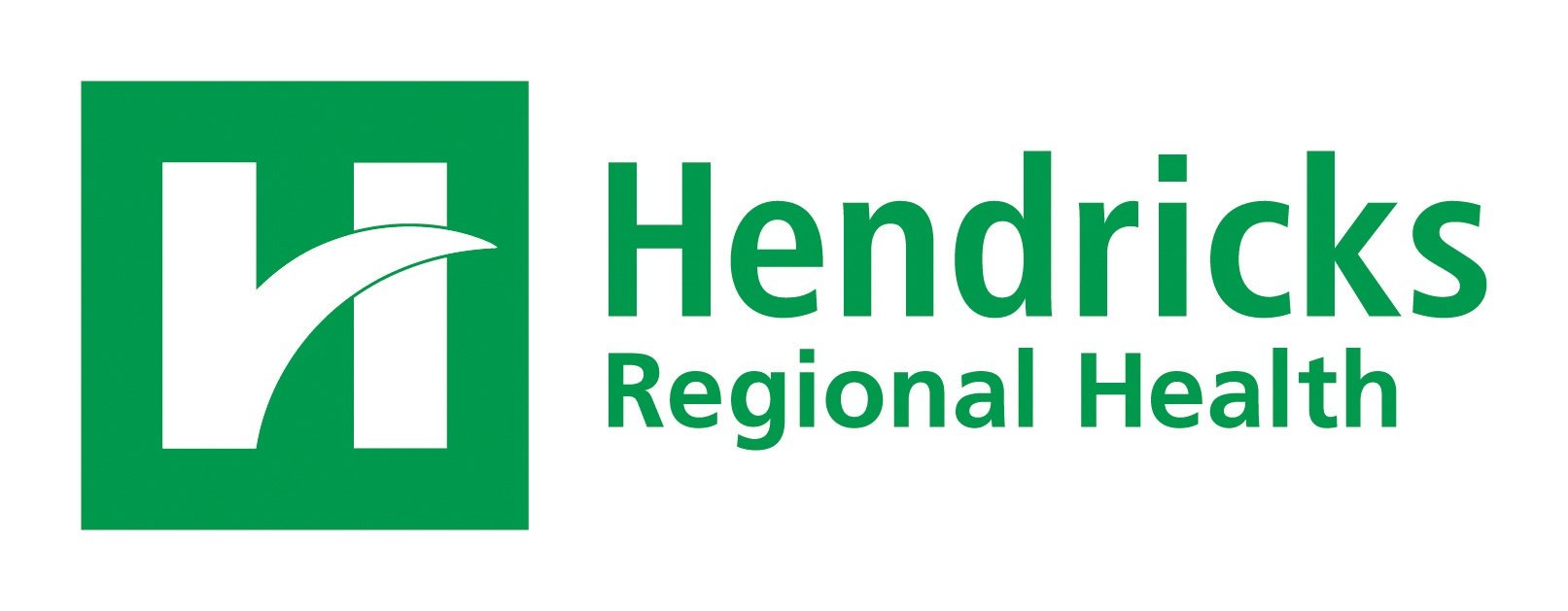

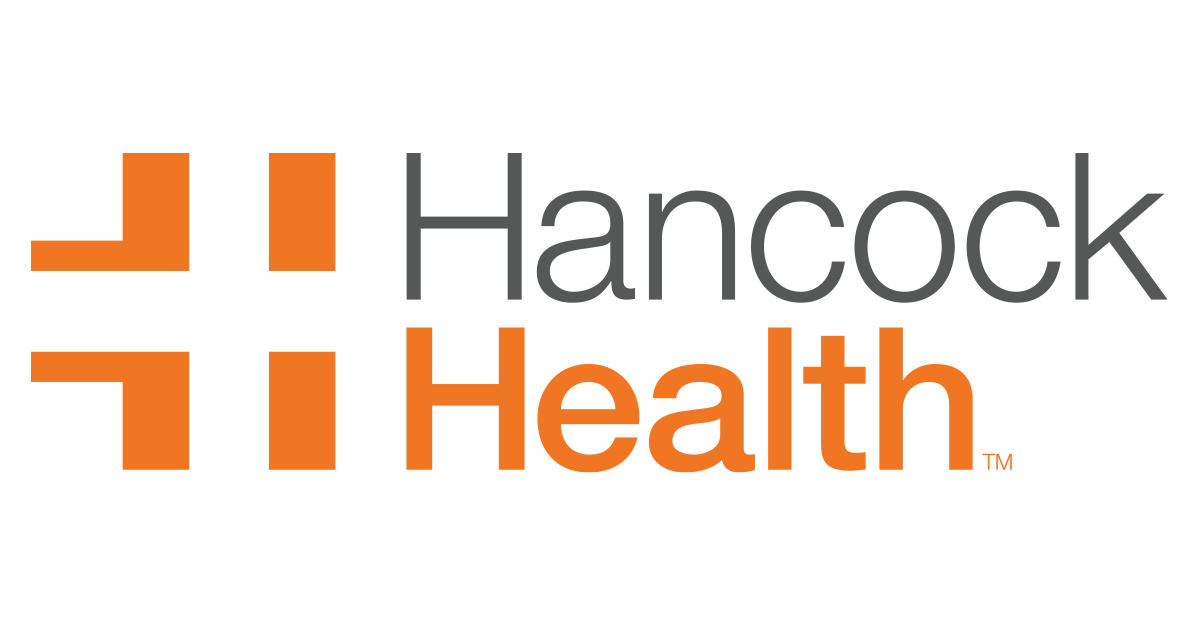
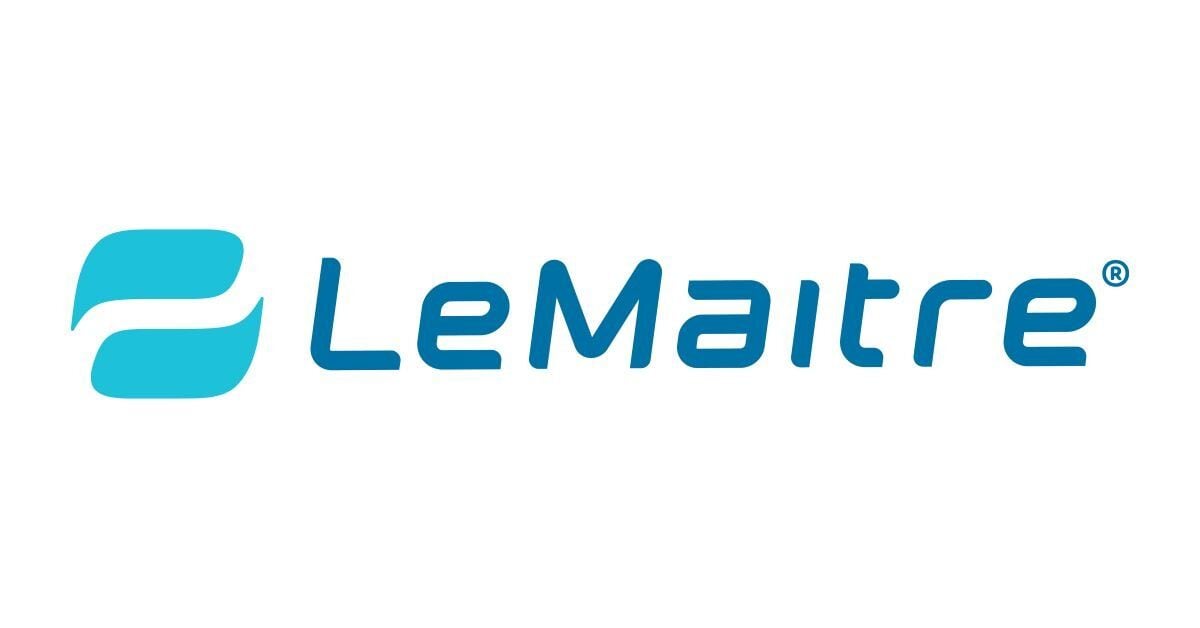
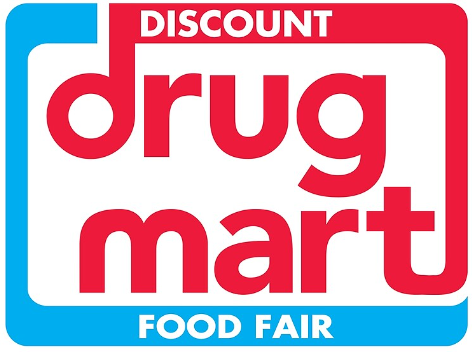
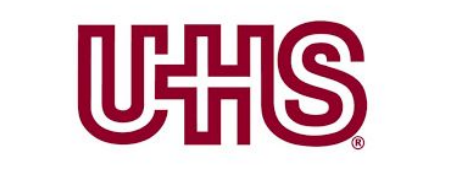
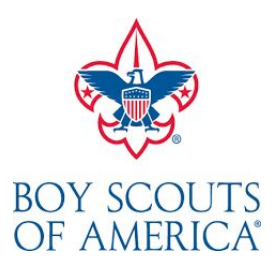
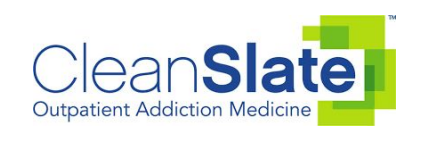
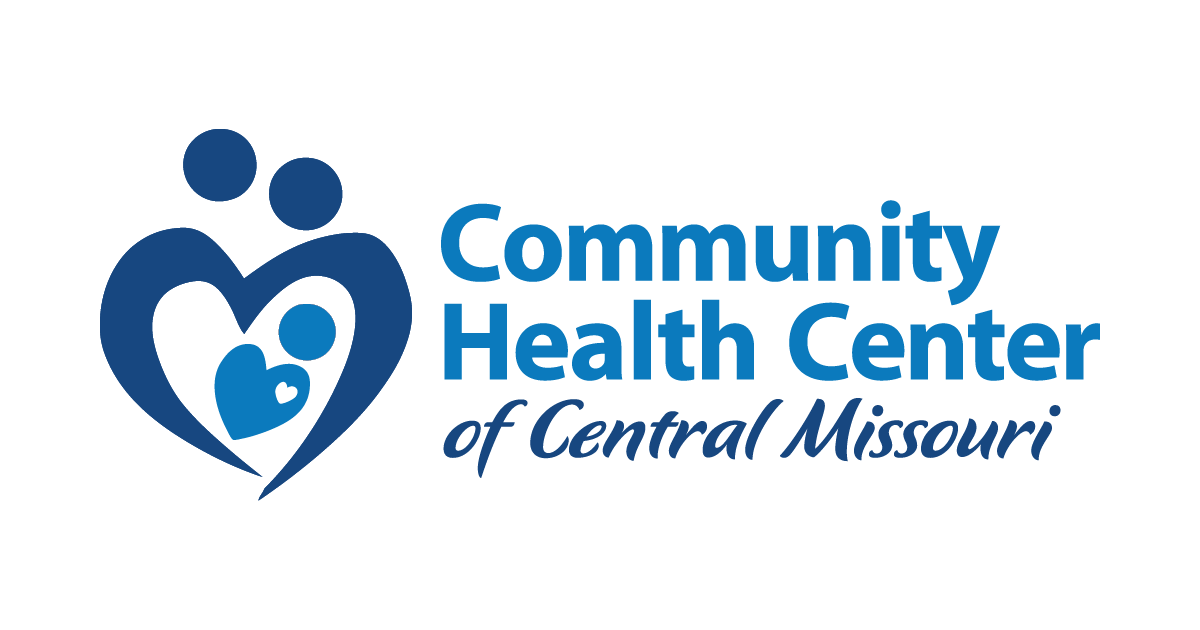
When we put the numbers in front of our leadership and showed them how much time we were going to save with a remote system and automated monitoring versus the time we used to spend managing the system, it was a no-brainer, and we pulled the trigger right away.

